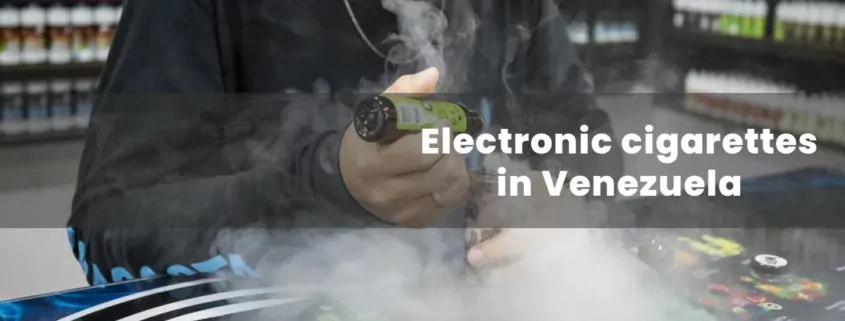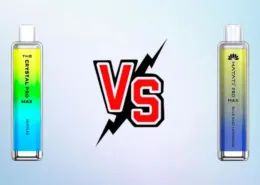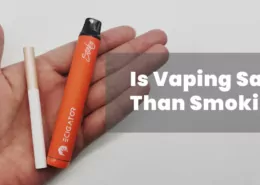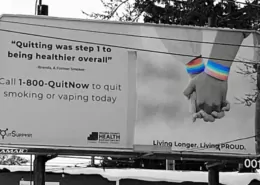Electronic Cigarettes in Venezuela: Balancing Regulation and Potential Ban
Electronic cigarettes, also known as e-cigarettes or vapes, have become a subject of debate in Venezuela due to the government’s consideration of banning their sale. President Nicolás Maduro’s order to evaluate the possibility of prohibition has raised concerns among sellers who advocate for regulation rather than a complete ban. On the other hand, the health sector supports the proposal, considering it a preventive measure. In this article, we will explore the various perspectives surrounding electronic cigarettes in Venezuela, discussing their potential harms, benefits, and the ongoing regulatory efforts.
The Growing Concern
According to the Pan American Health Organization (PAHO), electronic cigarettes are the most prevalent form of electronic nicotine delivery systems. PAHO further asserts that these devices pose a significant threat to decades of progress made in the fight against smoking. To address this issue, Venezuela recently introduced regulations governing the manufacturing, import, export, distribution, marketing, use, and promotion of electronic cigarettes. This initiative is part of a larger campaign led by President Maduro, aimed at eradicating the sale of these devices, already banned in eight countries within the region.
Perspectives on the Issue
While the Venezuelan Society of Pneumology and Thoracic Surgery (Sovetorax) firmly supports the government’s regulatory measures, sellers of electronic cigarettes express uncertainty regarding the future of their businesses. Miguel Bwown, the manager of a popular vape store in Caracas, acknowledges the addictive nature of these devices but argues that they are less harmful than traditional tobacco cigarettes. He highlights that many individuals use electronic cigarettes as a substitute for smoking or as a fashion statement.
Bwown agrees with the prohibition of sales to minors and pregnant women, indicating that many stores already comply with these restrictions to avoid legal problems. However, he cautions against a complete ban on sales, emphasizing the potential negative impact on trade and employment. While acknowledging the importance of addressing underage consumption, he believes that a total ban would harm both sellers and consumers.
The Risks and Harms
Despite the views expressed by vape sellers, Sovetorax’s president, Lérida Padrón, contends that electronic cigarettes, even those without nicotine, still pose health risks. Padrón highlights the misconception that nicotine-free vapes are harmless, clarifying that nicotine addiction is not the only concern. Studies indicate that vaping, regardless of nicotine content, can lead to inflammation, respiratory infections, and an increased risk of cardiovascular and pulmonary diseases. Padrón further emphasizes that using steam as a smoking cessation therapy has proven ineffective, often resulting in dual use—both electronic cigarettes and traditional tobacco—leading to further harm.
Balancing Prevention and Control
Since June, when President Maduro called for an evaluation of electronic cigarette sales, institutions and PAHO in Venezuela have initiated a social media campaign to raise awareness about the risks associated with vaping. The World Health Organization (WHO) has also expressed concerns, stating that the commercialization of electronic cigarettes is a setback in the fight against tobacco and its related diseases. In response to these concerns, e-cigarette shops in Caracas have already displayed signs prohibiting sales to minors. Vendors in these shops commit to adhering to the regulations, striving to avoid a complete ban.
- Kazakhstan Seizes 150k Illegal Vapes in Almaty Raid - July 30, 2025
- Brazil Police Crack Down on E-Cigarette Smuggling - July 30, 2025
- Experts Urge South Africa to Adopt Science-Based Vape Policies - July 30, 2025









